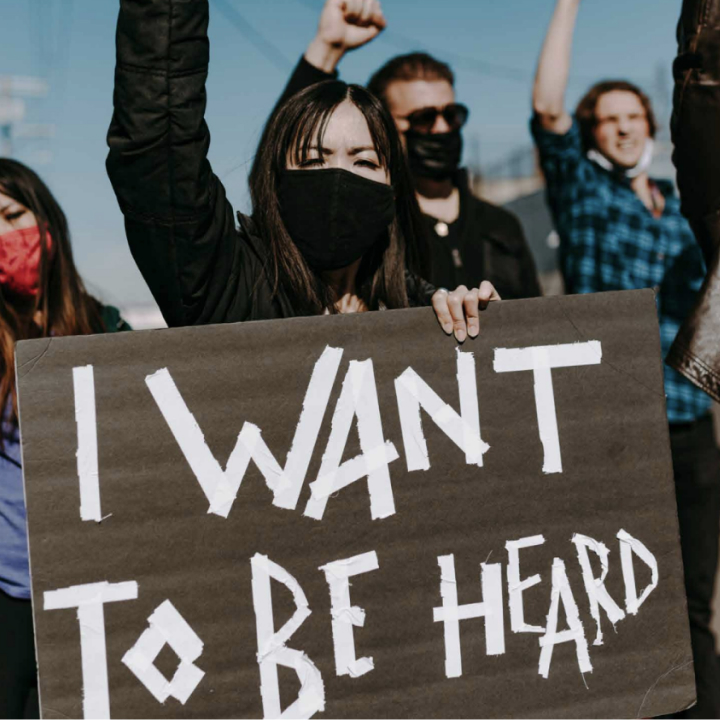Our Community
Get to know the Voice of Witness staff, board, and wider community. Interested in joining our team? Check out our job openings.
Staff
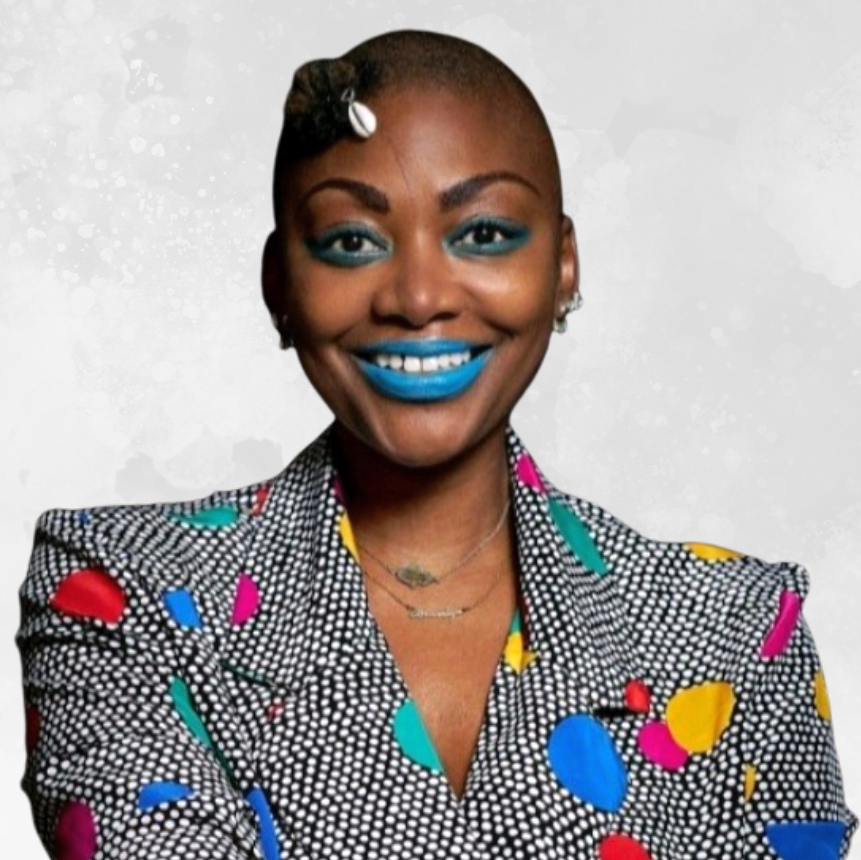
Natasha Johnson
Natasha Johnson (she/her/unicorn) is a proud Brooklynite that considers many spots across the globe her extended home. She is an activist, educator, lawyer, and artist motivated by creating innovative methods of access for communities historically peripheral to justice. Natasha serves as a board member of the NYC Alliance Against Sexual Assault and the NYC Cyber Abuse Task Force. Her passion for storytelling and human rights is evidenced in her TEDx Talk reframing female genital mutilation/cutting (FGM/C) as a human rights violation in the US and in her efforts co-drafting legislation creating a municipal FGM/C Advisory Committee, the first of its kind in the country. Before joining VOW, she worked as the executive director of a coalition against family violence, as an anti-trafficking legal specialist in the Solomon Islands, as a director of education supporting homeless LGBTQ youth, and as a professor at multiple universities. When not collaborating with the VOW team, Natasha is also a trauma-informed yoga teacher; the creator of dotzz, an app to support gender-based violence survivors; and the founder of PROFIT + JULY, an inclusive-sized yoga mat line.
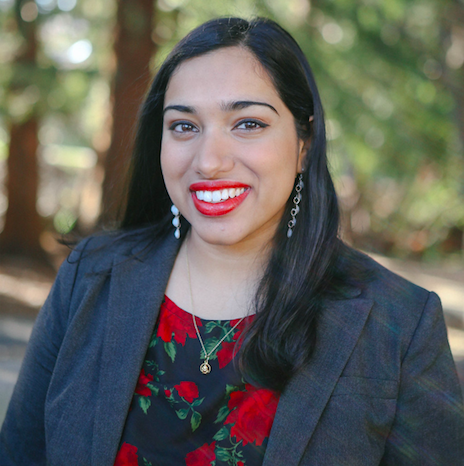
Ela Banerjee
Ela Banerjee (she/her) split her childhood between the very different worlds of urban Kentucky and suburban Sacramento. Ela holds a BA from UC Berkeley, where she studied Cognitive Science, Education, and Creative Writing. She previously worked for the national oral history project, StoryCorps, where she facilitated audio recordings of diverse personal and community stories from across the Bay Area to be archived at the Library of Congress. The over 120 StoryCorps interviews Ela recorded helped shape her love of both storytelling and community engagement. As part of the Voice of Witness team, she is excited to continue discovering how stories can be used as tools for empowerment, advocacy, and change. Outside of work, Ela enjoys writing, filmmaking, and finding the best breakfast foods in the East Bay. ela@voiceofwitness.org
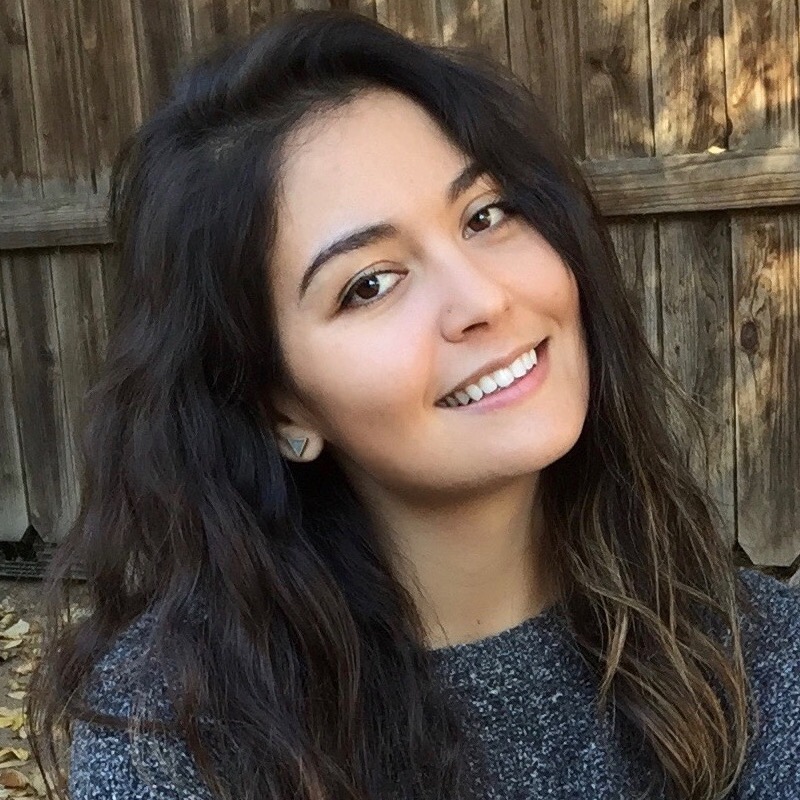
Jessica Fagen
Jessica Fagen (she/her) is an educator with a passion for critical literacy studies and a deeply-held belief in the power of storytelling. She holds a BA in English and Film & Media Studies from Washington University in St. Louis and an MA in Education from UC Berkeley. Jessica taught English and Ethnic Studies in Oakland Unified School District for five years before coming to Voice of Witness. Apart from being an educator, Jessica is a lifelong learner: her most recent undertakings are learning how to roller skate and play guitar (though not at the same time!). edu@voiceofwitness.org
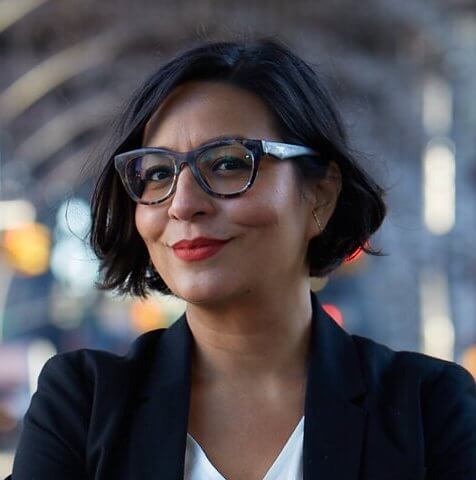
Fanny García
Fanny Julissa García (she/her) was born in Honduras—but shaped by her life as an immigrant in Mexico and the USA. As an oral historian, Fanny seeks to amplify diverse voices and shed light on silenced stories. She is particularly interested in how personal narratives can bridge cultural divides, challenge preconceived notions, and contribute to a more comprehensive and equitable historical record. Fanny received a degree in English from UCLA and a master’s in oral history from Columbia University. When not exploring narratives or conducting interviews, she can be found lost in a good book or experimenting with new recipes that blend her multicultural background. She currently lives in New York City (Lenapehoking) surrounded by a wide array of house plants and loving friends. editorial@voiceofwitness.org
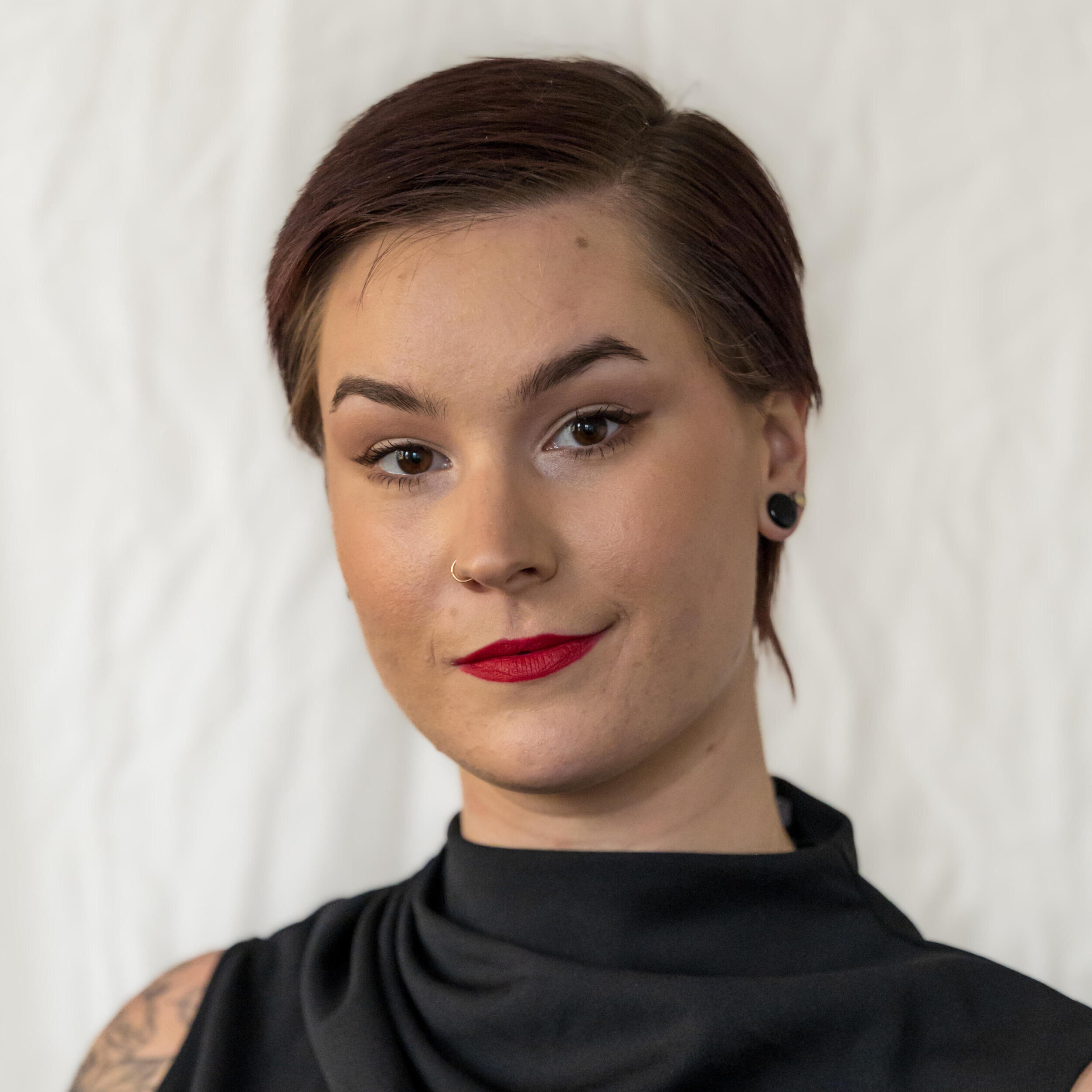
Kate Garrett
Kate Garrett (they/she) subscribes to a community-centered fundraising model, centering their work around anti-racism and cultural humility. They have been working in nonprofit spaces for over 7 years, across mental health, disability services, harm reduction, and tenants’ rights. They previously co-founded the Harm Reduction Coalition of Santa Cruz County and served as its finance director for four years. Kate currently resides in their hometown of Santa Cruz on unceded Awaswas land. Outside of work, Kate is an avid photographer, backpacker, and cat parent. dev@voiceofwitness.org
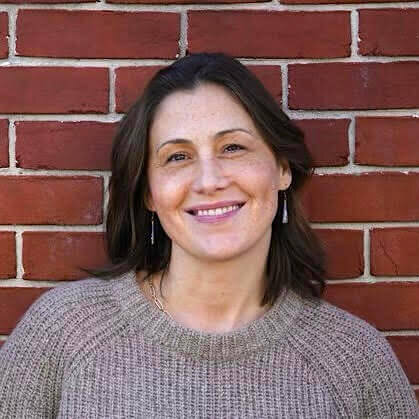
Sara Sinclair
Sara Sinclair (she/her) is an oral historian of Cree-Ojibwa and mixed settler descent. She teaches in the Oral History Master of Arts Program at Columbia University and is Project Director of the Aryeh Neier Oral History Project at Columbia Center for Oral History Research (CCOHR). Sara recently edited the memoir of former Canadian Senator and Chief Commissioner of the Truth and Reconciliation Commission Murray Sinclair and is co-editing two anthologies of Indigenous letters for Penguin/Random House Canada. She is also the editor of the Voice of Witness book How We Go Home: Voices from Indigenous North America. Sara has contributed to CCOHR’s Covid-19 Oral History, Narrative and Memory Archive, Obama Presidency Oral History, and Robert Rauschenberg Oral History Project. Other collaborations include the Whitney Museum of American Art, the Museum of the City of New York, and NYC Department of Environmental Protection.
Contact Us
Interested in getting in touch with the Voice of Witness team? Curious to learn more about our work and how we can collaborate? Don’t hesitate to reach out with questions and inquiries.
Follow VOW
Board of Directors
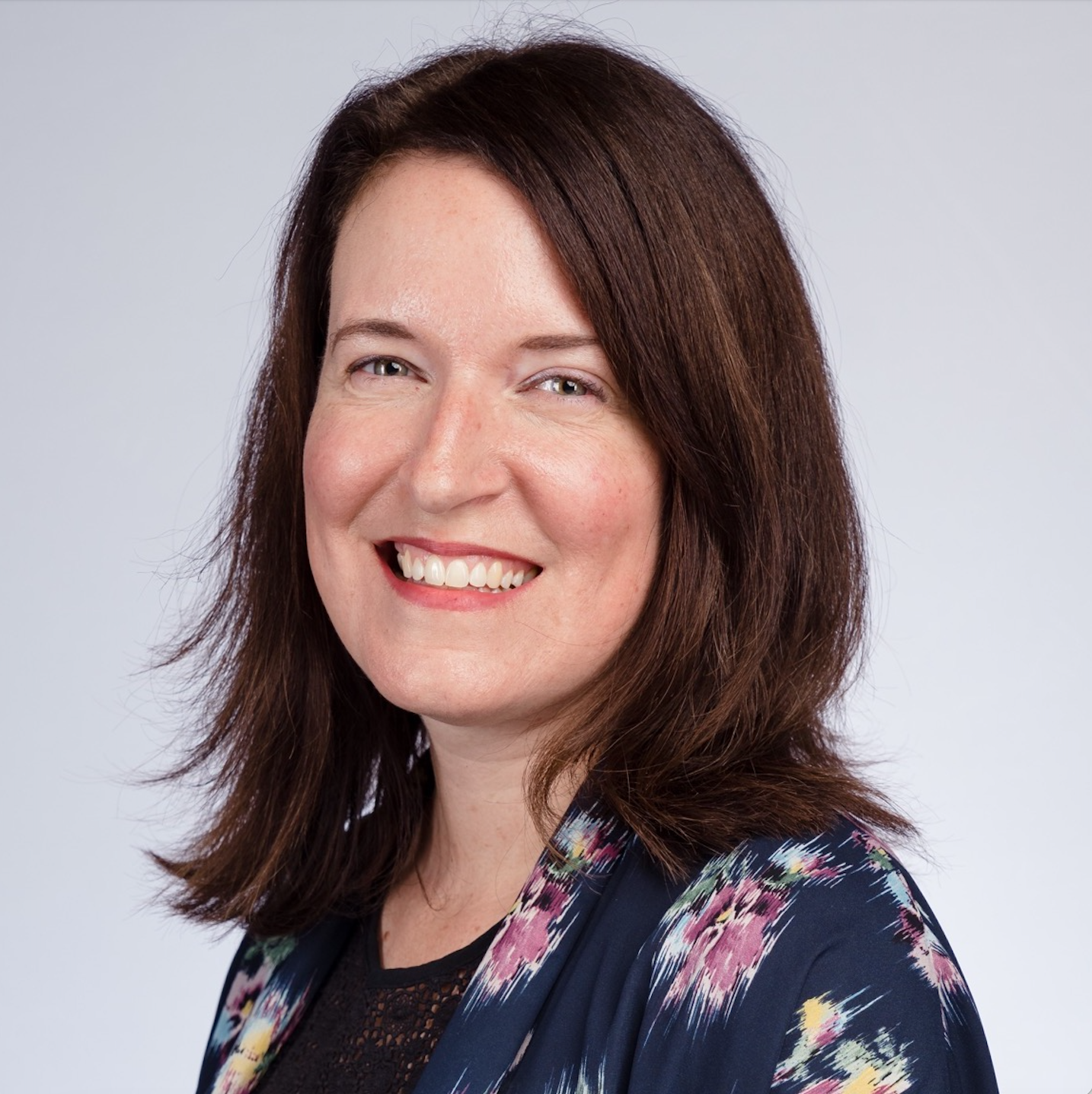
Kristine Leja
Kristine Leja is the Co-Founder and Principal of KLP Impact. As a consultant, coach, and strategist she brings to her work a passion for supporting people and organizations to create cultures that are grounded in empathy, social justice principles and practices, shared leadership, and democratized ways of being. Previously, she served as the executive director of Summer Search Bay Area and was the interim CEO and chief development officer for Habitat for Humanity Greater San Francisco. Kris is a published poet and serves as an editor at Sidebrow Books, a San Francisco and Portland-based independent press. She has served on the Voice of Witness board of directors since 2012 and she lives in San Francisco with her partner and cat.
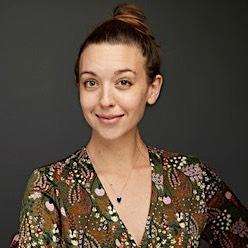
Kelseanne Breder
Kelseanne Breder is a psychiatric mental health nurse practitioner with a clinical and research focus in mental health disparities. She received her PhD from Columbia University, and her work uses qualitative research methods to promote untold stories and uphold voices of historically marginalized groups. Kelsea has served the homeless and formerly homeless population of NYC as a nurse practitioner at Center for Urban Community Services. She is also a Clinical Assistant Professor at NYU Rory Meyers College of Nursing where she is building a teaching protocol that uses oral history methods to improve mental health care for homeless and formerly homeless older adults. Kelsea is a trainee in psychoanalysis and is interested in using the arts to explore the psyche, foster empathy, and encourage mental wellness. Her personal artistic pursuits are in music, theater, and creative writing.
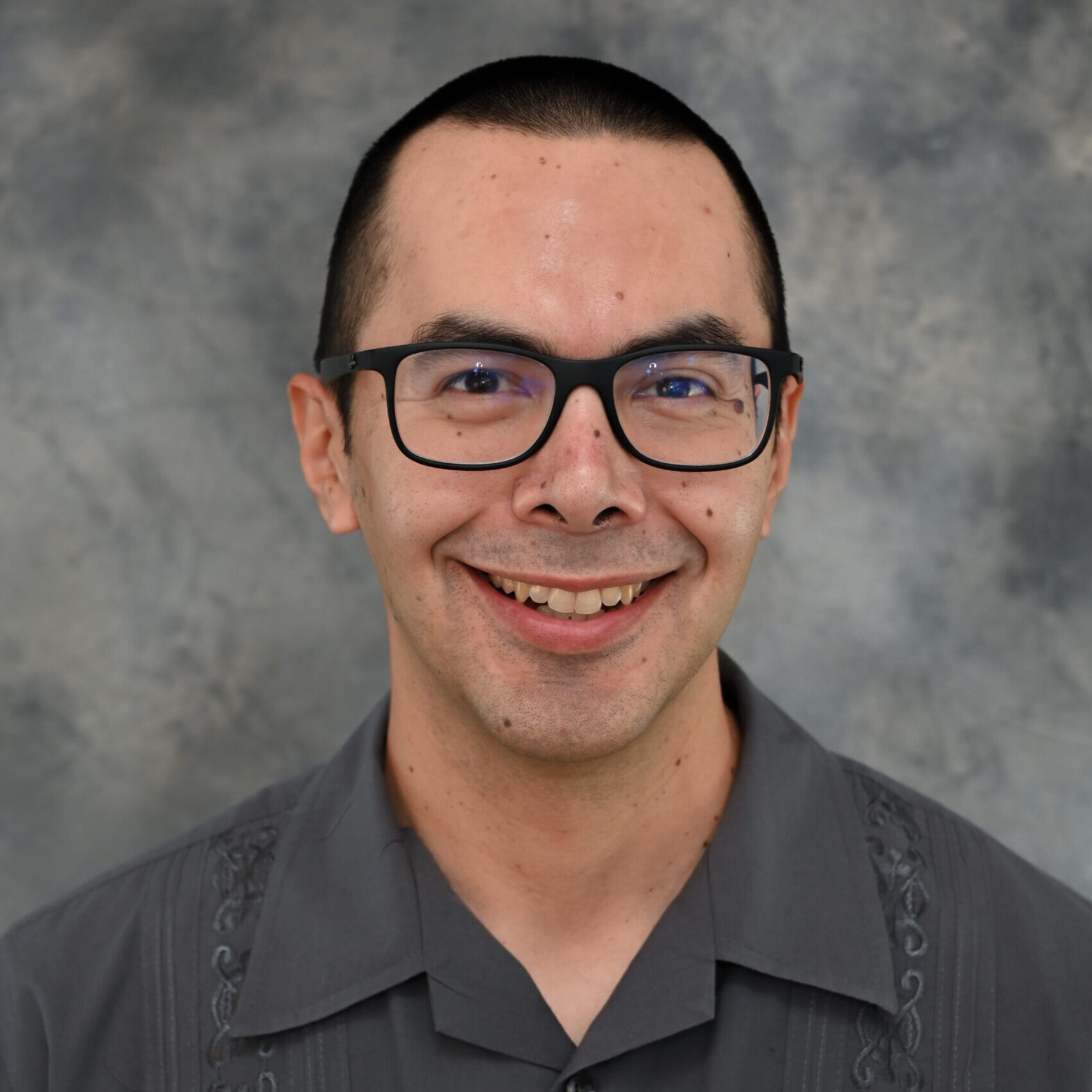
Lupe Poblano
Lupe Poblano, CPC, MSOD, is a certified professional coach. He is the former Co-Executive Director at CompassPoint and utilizes coaching, training, and consulting to help emerging and experienced leaders achieve race, class, and gender equity in social justice movements. Lupe has worked in the nonprofit sector for almost 20 years, and his work as a coach and consultant is deeply rooted in his experience as a young Chicanx positional leader within larger mainstream organizations, as well as the experience of holding the significant risk, responsibility, and overall accountability for an organization as its executive leader.

Natasha Johnson
Natasha Johnson (she/her/unicorn) is a proud Brooklynite that considers many spots across the globe her extended home. She is an activist, educator, lawyer, and artist motivated by creating innovative methods of access for communities historically peripheral to justice. Natasha serves as a board member of the NYC Alliance Against Sexual Assault and the NYC Cyber Abuse Task Force. Her passion for storytelling and human rights is evidenced in her TEDx Talk reframing female genital mutilation/cutting (FGM/C) as a human rights violation in the US and in her efforts co-drafting legislation creating a municipal FGM/C Advisory Committee, the first of its kind in the country. Before joining VOW, she worked as the executive director of a coalition against family violence, as an anti-trafficking legal specialist in the Solomon Islands, as a director of education supporting homeless LGBTQ youth, and as a professor at multiple universities. When not collaborating with the VOW team, Natasha is also a trauma-informed yoga teacher; the creator of dotzz, an app to support gender-based violence survivors; and the founder of PROFIT + JULY, an inclusive-sized yoga mat line.
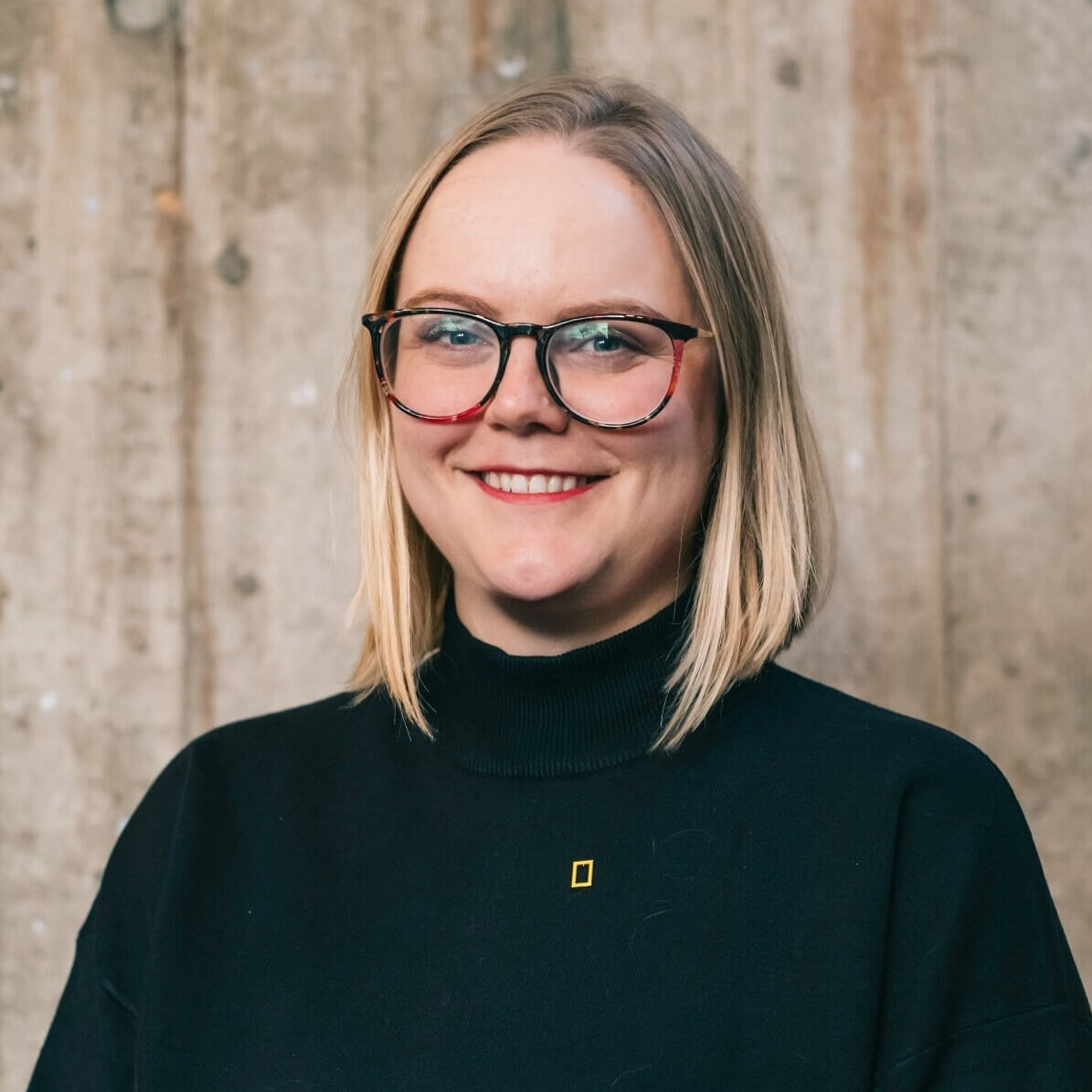
Lyndsie Bourgon
Lyndsie Bourgon, FRCGS, is a journalist, author, and oral historian. She is a National Geographic Explorer, and a Fellow of the Royal Canadian Geographical Society and Explorers Club. She has experience reporting and conducting fieldwork in rural areas including Haida Gwaii, the Peruvian Amazon and the California redwoods, and she writes for publications including the Guardian, The Atlantic, the New York Times, The Walrus, and Canadian Geographic. Lyndsie’s book, Tree Thieves: Crime and Survival in North America’s Woods, was nominated for the PEN/John Kenneth Galbraith Award for Non-Fiction, the J. Anthony Lukas Book Prize at Columbia University, and a BC and Yukon Book Prize. As an oral historian, Lyndsie has conducted interviews and managed projects in the Shetland islands, Odenwald forest, and Indigenous communities in northern Alberta, British Columbia and northern Ontario.
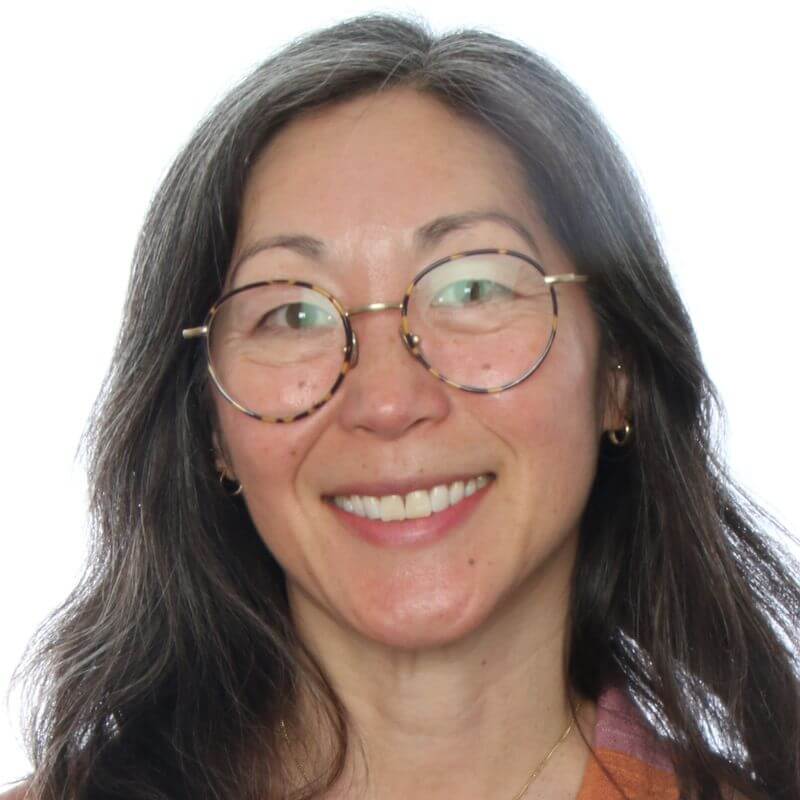
Giselle Chow
Giselle is the Assistant Head of School for Teaching and Learning at Urban School of San Francisco. Previously, she was sole proprietor of Giselle Chow Consulting, a practice focused on organizational development and meeting process design, using visual thinking strategies and live large scale visual notetaking as a main methodology. She spent the earlier years of her career in a variety of K-12 teaching and administrative roles, with a focus on student and adult equity, inclusion, and belonging. She is a former member of the Community Advisory Panel at KQED, a current trustee at the San Francisco School, and an Advisory Board member for RAWdance, a contemporary dance company. When not working, she spends her time trying to get back into a regular visual art making practice, taking dance classes, throwing the ball to her dogs at Crissy Field, or thinking about what’s for dinner.
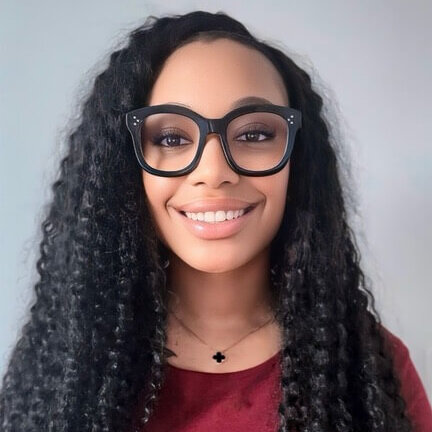
Vanessa Johnson
Vanessa Johnson is a seasoned operations and strategy leader with over 14 years of experience advancing health equity, access, and innovation. Most recently, she served as Chief Operating Officer at Planned Parenthood Direct, where she led national telehealth operations across 40+ states, overseeing compliance, technology, finance, and partner engagement. Vanessa is also the founder of ViraEdge, a consulting firm that helps mission-driven organizations build scalable, secure, and people-centered systems. With an MBA from Northeastern University and a passion for storytelling, community, and justice, she brings a deep commitment to amplifying unheard voices and creating operational frameworks that serve real people.
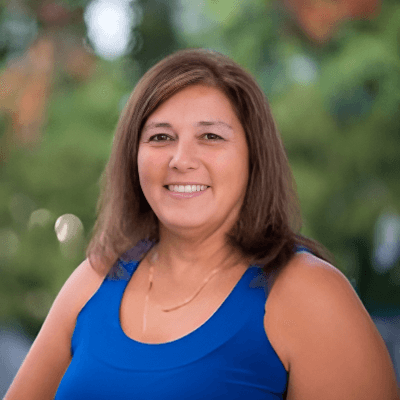
Louisa Morassutti
Louisa Morassutti is a strategic enablement and learning leader with over 15 years of experience driving performance across global sales, operations, and go-to-market teams. She has built award-winning onboarding, coaching, and continuous learning programs that empower individuals and teams to succeed. Louisa has held senior roles at companies ranging from high-growth startups to global enterprises, where she’s led initiatives at the intersection of storytelling, education, and transformation. A passionate advocate for equity and inclusion, she brings a people-first approach to leadership and collaboration. Based in the Bay Area, Louisa is thrilled to support Voice of Witness’s mission to amplify unheard voices and promote human rights through the power of oral history.
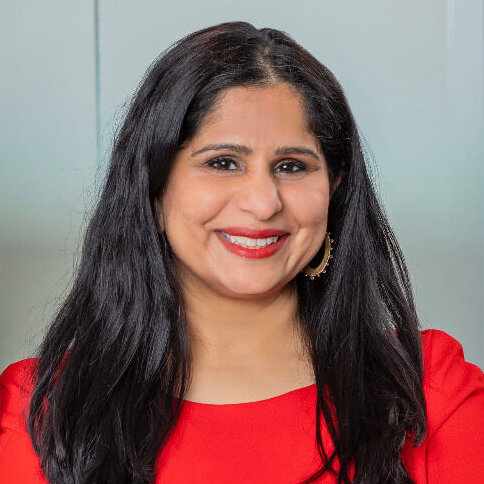
Sangeetha Rai
Sangeetha Rai is a dynamic executive with 20+ years of experience leading global teams across Customer Experience and Operations. Named to the Diversity Women’s Power 100 list and honored as a Woman of Impact, she is a passionate advocate for equity in the workplace. She has served on the boards of Red Cross Wisconsin, Milwaukee Tech Hub, and Consero CX, reflecting her deep commitment to community and innovation. A frequent keynote, TEDx speaker, and panelist, Sangeetha shares insights on customer experience, AI, leadership, and DEI at major conferences and events. Outside work, she fuels her curiosity through travel and adventure—from driving coast to coast in the U.S. to exploring six continents (and counting). Always up for a challenge, she’s constantly chasing her next bucket list experience.
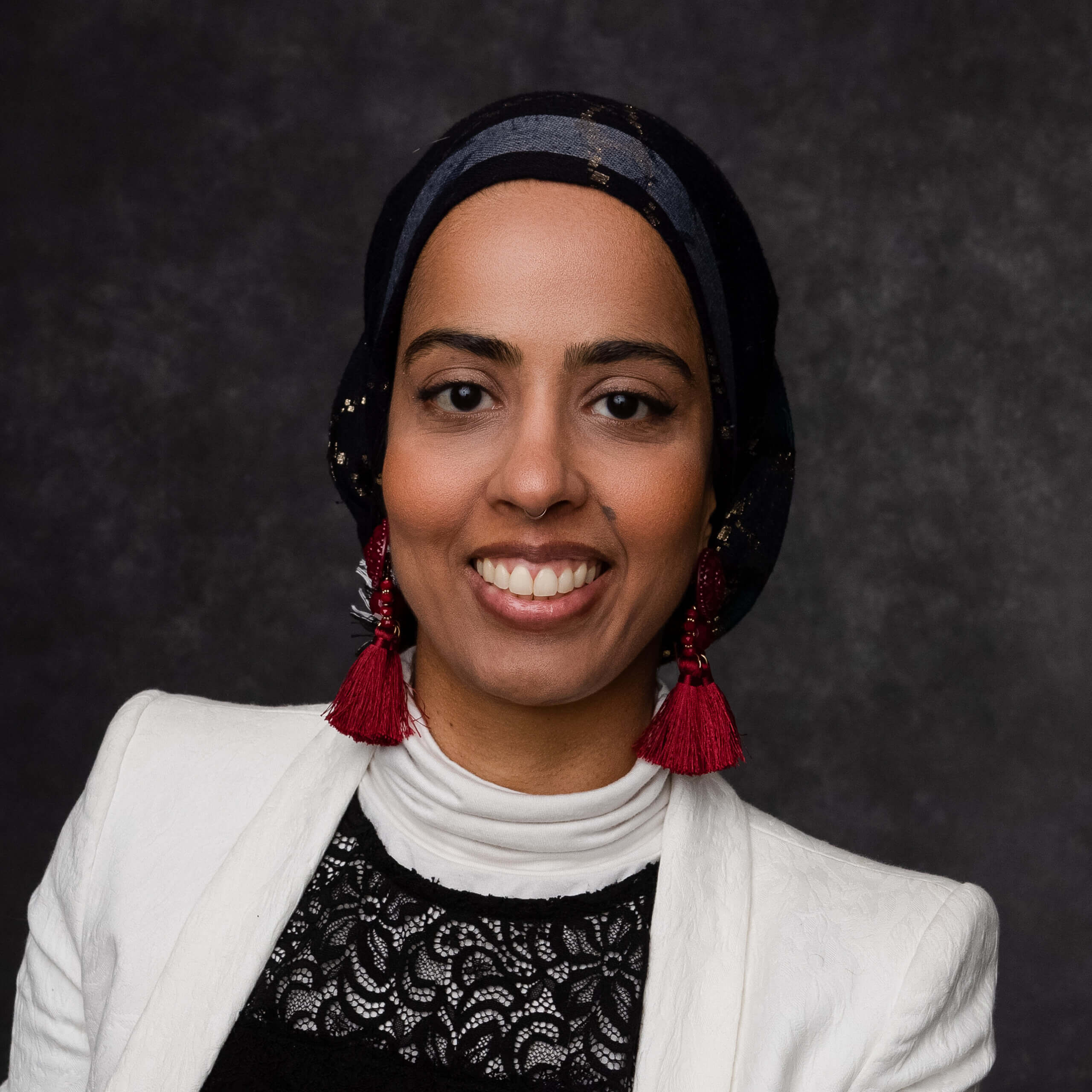
Fariha Tayyab
Fariha Tayyab is a multidisciplinary storyteller and facilitator who explores identity, radical reimagination, and liberation through trainings, writing, and photography. She is also a lifelong educator and equity facilitator, who works closely with K-12 schools and youth experiencing trauma through incarceration, foster care, and migration. Fariha leads storytelling and artivism workshops as well, and has done so with University of Iowa’s International Writing Program, Netroots Nation, Writers in the Schools, Girl Scouts National, Alley Theatre, and others. As a lover of culture and language, Fariha believes we must dismantle the stories and systems we were taught to obey; immerse ourselves in the stories of others; and curate our own stories and models that move us toward freedom.
Interested in Joining the Board?
The Board of Directors helps VOW pursue its mission of advancing human rights by amplifying the voices of people impacted by—and fighting against—injustice through oral history, education, and advocacy.
Education Advisory
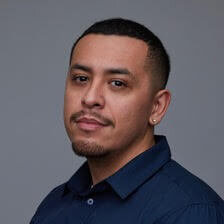
Raul Armenta
Raul Armenta (he/him) is a PhD student in Sociology at Cornell University. Raised in Southeast Los Angeles, he brings firsthand experience to his work supporting justice-impacted communities.
Raul served as a research analyst, leading qualitative and mixed-methods evaluations of reentry programs in Los Angeles. He also formed the Council for Lived Experience Advisory, which centers the voices of formerly incarcerated people in research decision-making. As a Beyond the Bars Fellow at Columbia University’s Center for Justice, he carried out a digital correspondence project to archive legal resources for incarcerated individuals in Los Angeles.
Raul holds an MA from Teachers College, Columbia University, where his thesis “Narratives of Resistance” explored how justice-impacted Black and Latinx youth in South Los Angeles mobilize critical consciousness and cultural action.
A scholar-activist attuned to both data and lived experience, Raul is committed to advancing equity, narrative justice, and community-driven change through critical inquiry and collective liberation.
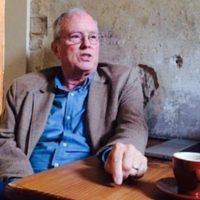
Rick Ayers
Rick Ayers is a Professor of Education at the University of San Francisco in the Urban Education and Social Justice cohort. He taught in the Communication Arts and Sciences small school at Berkeley High School, where he pioneered innovative and effective strategies for academic and social success for a diverse range of students. Rick has won the Berkeley Community Award (2004), Distinguished Educator of the Year Award, Occidental College (2004), and the Distinguished Adviser Award by Dow Jones Newspaper Fund (2000). He has his PhD from the UC Berkeley Graduate School of Education in the Language, Literacy, and Culture division. He is the co-author, with his brother William Ayers, of Teaching the Taboo: Courage and Imagination in the Classroom (2010) from Teachers College Press. He is also author of Great Books for High School Kids and A Teacher’s Guide to Studs Terkel’s Working.
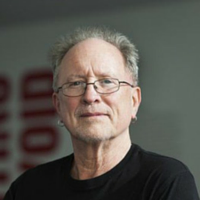
William Ayers
William Ayers, Distinguished Professor of Education and Senior University Scholar at the University of Illinois at Chicago (retired) writes about social justice, democracy, and education. His books include A Kind and Just Parent: The children of juvenile court; Fugitive Days: A Memoir; To Teach: The journey, in comics; Demand the Impossible! A radical manifesto; and When Freedom is the Question Abolition is the Answer.
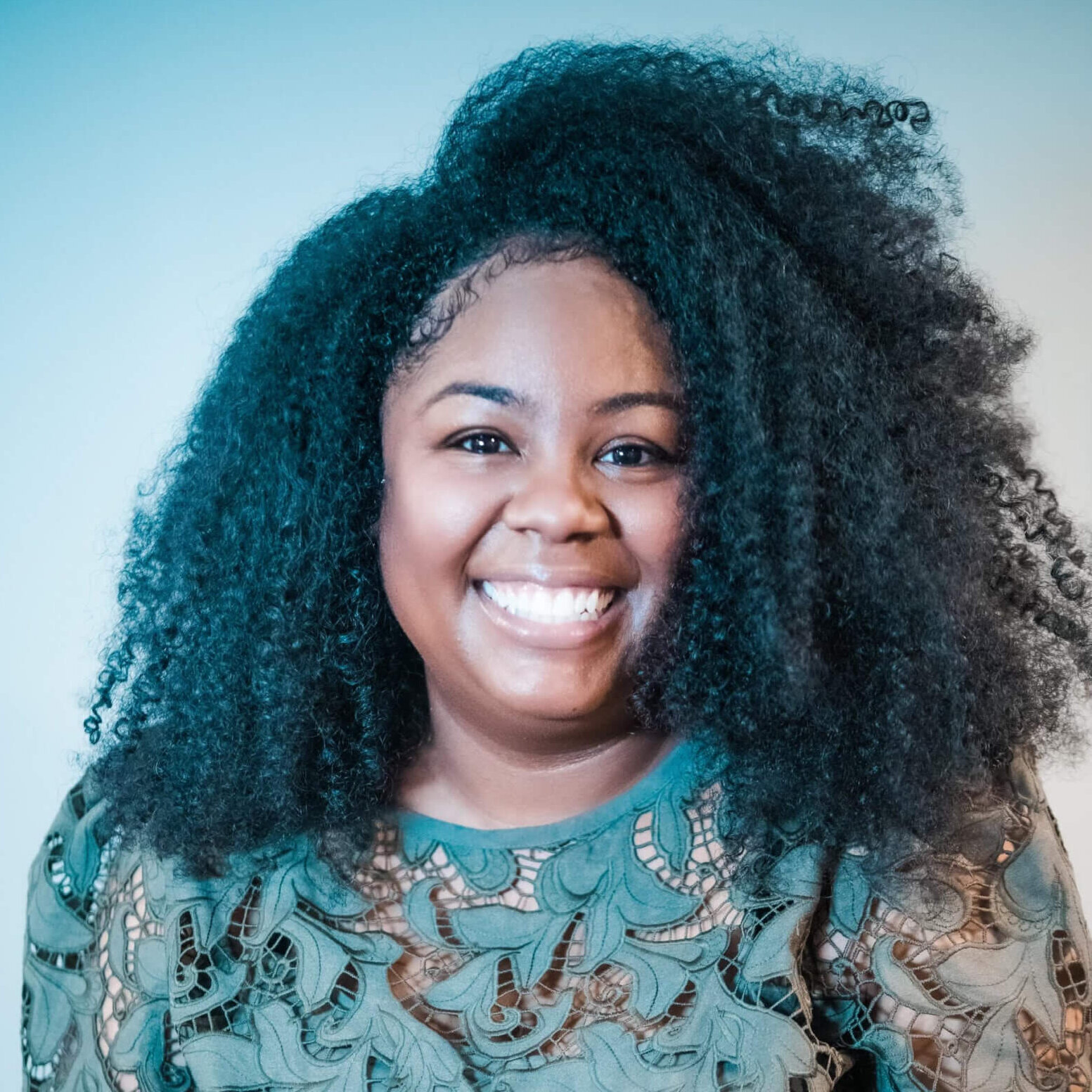
Ivory Bennett
Ivory Bennett (she/her/hers) is originally from Pittsburgh, Pennsylvania, where she spent 17 years in foster care across three counties—one urban and two rural—living in about 10 different foster homes, 4 kinship-care placements, and 1 shelter, while attending approximately 12 different K-12 schools. She holds a Bachelor of Arts dual degree in Africana Studies and English Literature with a minor in Theatre Arts (Performance) from the University of Pittsburgh, and a Master of Education Administration, with aspirations of pursuing a doctoral degree. Deeply committed to foster care and education equity, Ivory actively participates in several child welfare and education organizations and boards, and engages in advocacy through writing and public speaking. Her passion for holistic health and well-being is rooted in a trauma-informed lens and focuses particularly on epigenetic impact, influenced in part by her own experience managing Type 1 (Juvenile) Diabetes. For fun, Ivory enjoys international travel, trying new vegan dishes, and nurturing her plants.
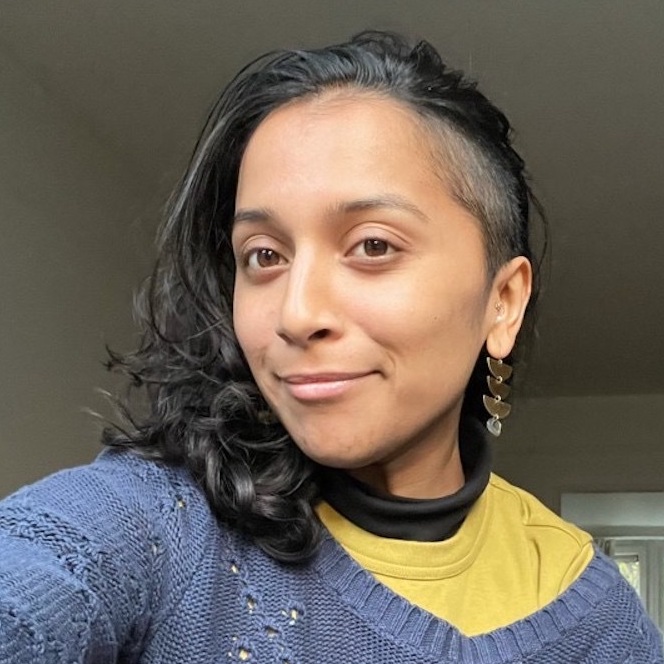
Praveena Fernes
Praveena K. Fernes (PhD Candidate) is a Marshall Scholar in the UK, where she studied political ecology at SOAS University of London and now public health and policy at the London School of Hygiene and Tropical Medicine. As a Fulbright Research Scholar, she curated Visible Ghosts, a virtual installation that illuminates villagers’ evolving relationship to the Mun River and wetlands in Thailand over the past quarter century through objects, maps, and citizen science research. Her current PhD project explores the place-based experiences of people who are homeless and seek drug and alcohol services in East London, with a special focus on relations of care. Her work strives to advance health equity through transdisciplinary research-to-action partnerships and creative storytelling.
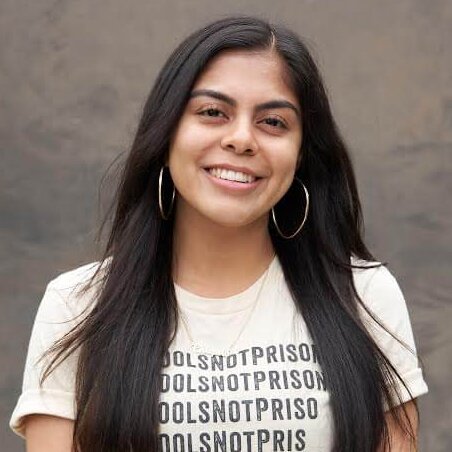
Irene Franco-Rubio
Irene Franco Rubio is a first-generation Latina scholar, writer, and community organizer from Phoenix, Arizona. She is currently pursuing a PhD in Ethnic Studies at UC Berkeley, with a Designated Emphasis in Gender, Women, and Sexuality Studies and New Media. Her research centers on multiracial coalition-building and cross-cultural solidarity within abolitionist movements, particularly in the U.S. Southwest, where she draws from her lived experience and grassroots organizing.
Irene hosts the #SchoolsNotPrisons podcast and is a Soros Justice Fellow, where she developed a national media project exploring the intersections of immigration, incarceration, and racialized state violence. With over seven years of experience in community organizing, political education, and narrative strategy, she has collaborated with grassroots coalitions and national advocacy campaigns in Arizona, California, and beyond.
At Berkeley, she connects scholarly research with movement practice by co-creating public humanities projects, educational toolkits, and participatory research focused on system-impacted communities and transformative justice frameworks. Her work aims to make critical scholarship accessible, challenge interconnected systems of oppression, and create spaces for collective healing and liberation.
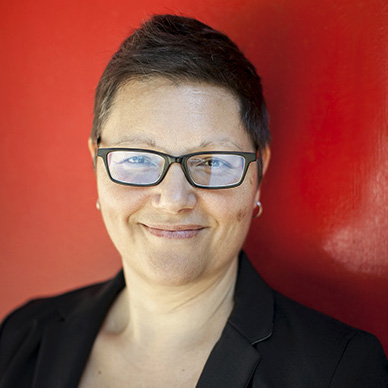
Suzanne Methot
Suzanne Methot (Asiniwachi Nehiyaw/Rocky Mountain Cree) is a writer, editor, and educator with a long history of work centering issues impacting Indigenous communities. She the author of the non-fiction book Legacy: Trauma, Story, and Indigenous Healing, co-author of the Grade 11 textbook Aboriginal Beliefs, Values, and Aspirations, and a contributor to Scholastic’s Take Action series of classroom resource books. Suzanne has 30 years of experience creating and applying equity and anti-oppression frameworks, beginning as an adult literacy and skills training practitioner and then as an elementary classroom teacher specializing in social justice education. She has also worked in advocacy and direct-service positions at Indigenous organizations, serving community members who are marginalized by racism, poverty, homelessness, health status, addictions, mental-health challenges, crime, and victimization. Suzanne first collaborated with Voice of Witness as the curriculum specialist for VOW’s latest oral history project, How We Go Home: Voices From Indigenous North America.
Spotlight: VOW Narrators
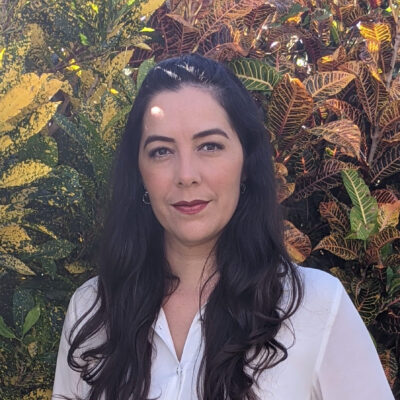
Zaira Arvelo Alicea
“It was just my lungs against the hurricane. That was the moment we realized we were completely alone. No one, anywhere, was going to hear us.”
Zaira Arvelo Alicea is a writer, editor, and educator who grew up in Lares, Puerto Rico and now runs an education consulting company. During Hurricane María, Zaira and her husband spent sixteen hours floating on an air mattress as their home was flooded and destroyed. In VOW’s book Mi María: Surviving the Storm, she shares her story of survival and highlights the failures of the federal government to support survivors of the storm. Zaira is also VOW’s Curriculum Specialist for the project. She currently teaches a biliteracy course for the Bilingual Certification Program at the University of Puerto Rico in Rio Piedras. Visit Zaira’s website to find out more about her work.
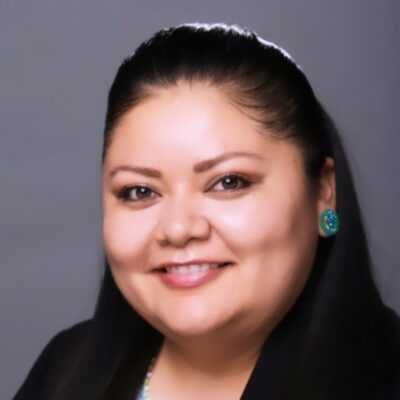
Ashley Hemmers
“I meet a lot of people who are looking for a past. I am looking for a future.”
Growing up in the American Southwest, Ashley Hemmers (Fort Mojave Indian Tribe) experienced struggles around intergenerational trauma, environmental racism, and Indigenous representation in education. After leaving the Fort Mojave Reservation for an undergraduate degree at Yale and then returning home, Ashley is now a Mojave Tribal Administrator. Read Ashley’s narrative in VOW’s book How We Go Home: Voices from Indigenous North America and listen to Ashley share her story at the How We Go Home launch and a San Francisco Public Library event.
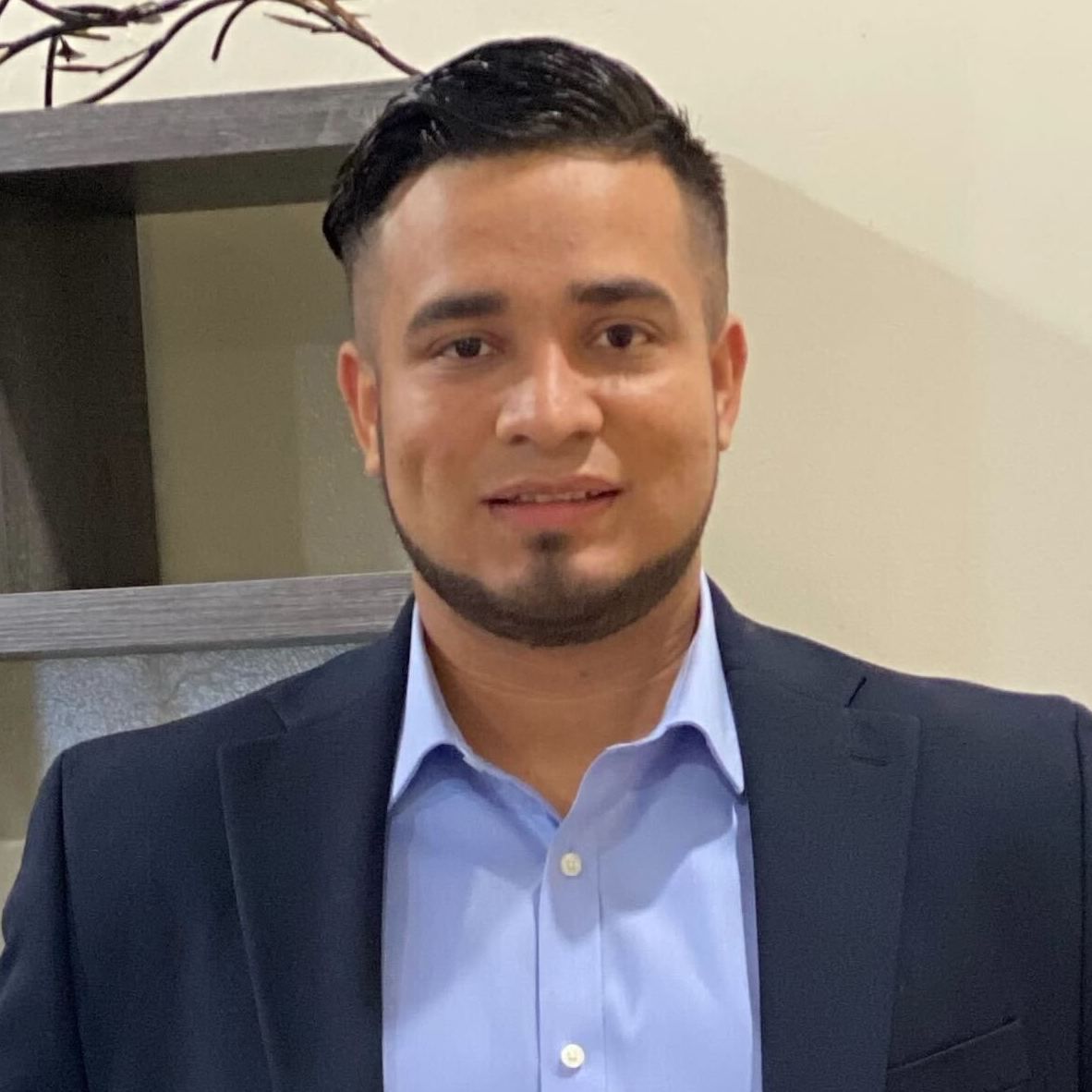
Gabriel Mendéz
“I feel that storytelling is part of me now. I’ve learned that my story is a form of activism… It is a movement, it is connecting.”
In VOW’s book Solito, Solita: Crossing Borders with Youth Refugees from Central America, Gabriel Mendéz shares his story of migrating to the US to seek asylum at age 15 after experiencing years of sexual abuse and homophobia in Honduras. He is now a student at UC Berkeley and an advocate for immigrant youth and LGBTQ rights. Read Gabriel’s story in VOW’s Unheard Voices of the Pandemic series and hear him speak at the El Paso Artistic Uprising. In 2019, Representative Jackie Speier shared Gabriel’s experiences on the floor of Congress.
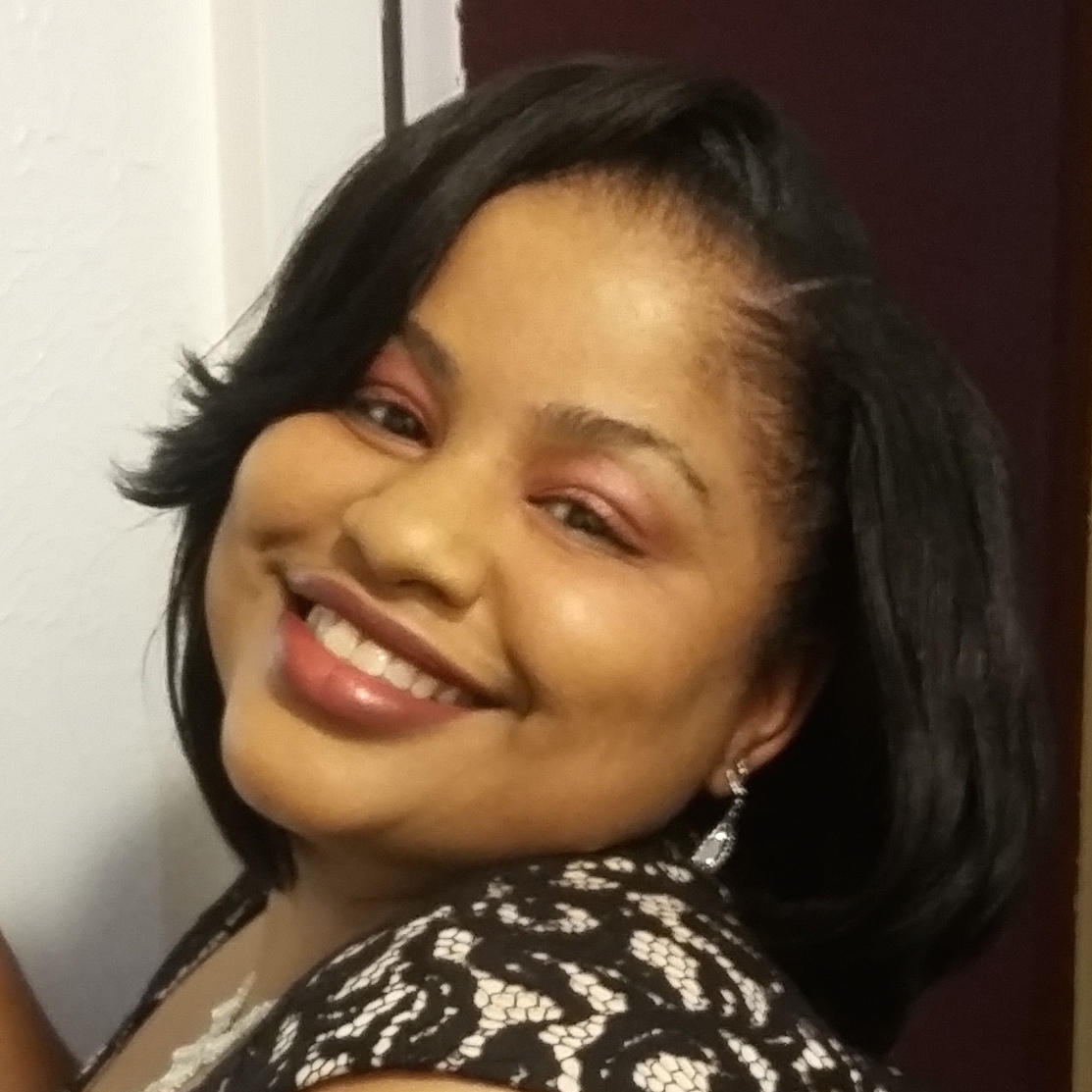
Ashley Jacobs
Ashley Jacobs is a narrator from the VOW book Inside this Place, Not of It: Narratives from Women’s Prisons. She shares her experiences being incarcerated, specifically while pregnant. Ashley has gone on to use her story to fight for more humane treatment of incarcerated pregnant people. She also produced her own oral history project documenting the stories of women escaping domestic violence, which was featured in Say It Forward: A Guide to Social Justice Storytelling.
Voice of Witness Co-founders
- Mimi Lok, Author, Educator, and Oral Historian
- Dave Eggers, Author, Co-founder of 826 National, Founder of McSweeney’s Publishing
- Lola Vollen, M.D., M.P.H, Co-founder of the Life After Exoneration Program
Founding Advisor
- Studs Terkel (deceased), Author, Oral Historian
Get Involved

Partner With Us
We offer training and project support for ethical storytelling, oral history, and education. Let’s collaborate!
Explore Our Resources
Check out our free storytelling resources, oral history guides, and lesson plans for inclusive education.
Workshops
We offer free and paid workshops on oral history best practices, storytelling ethics, and curricular development.
Ways To Support
We can’t do this vital work without you. Learn about the many ways you can support VOW!